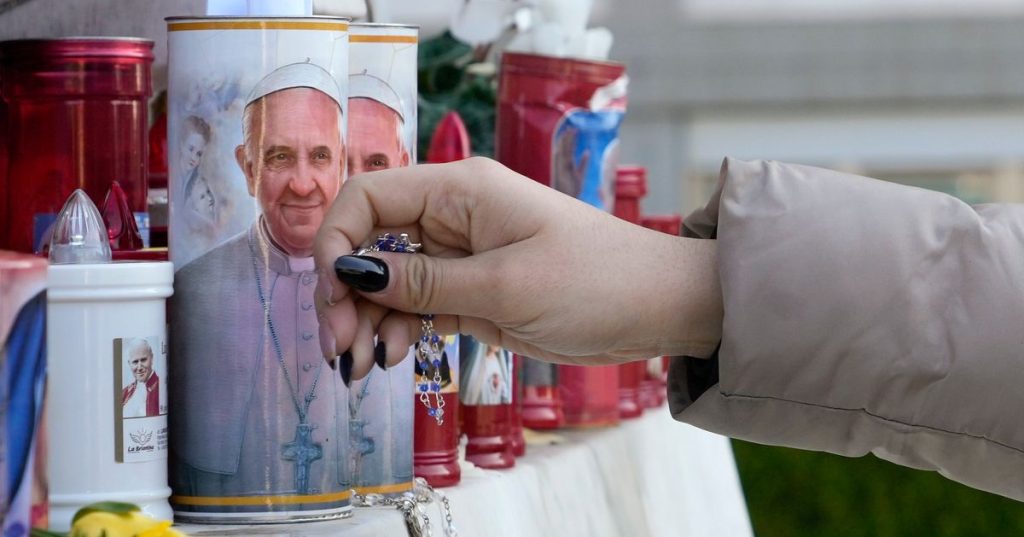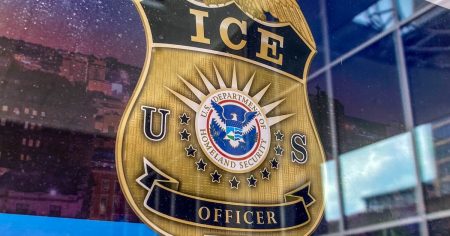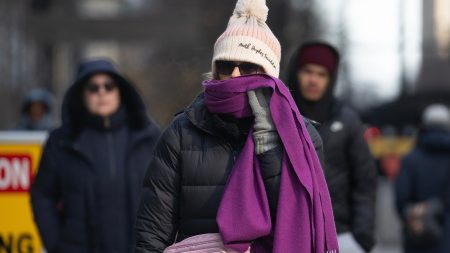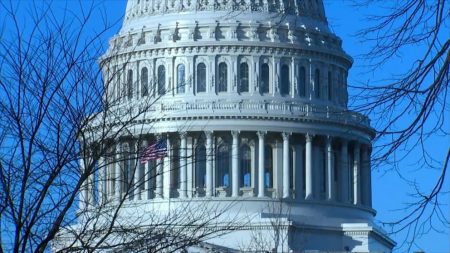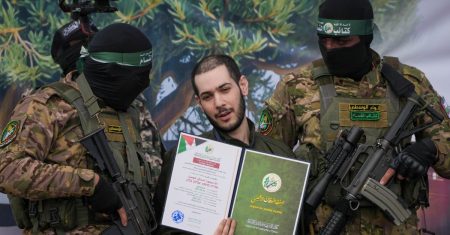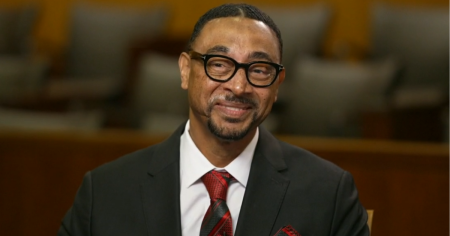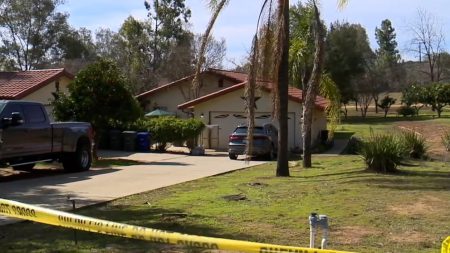Pope Francis in Critical Condition: A Fight for Recovery
A Critical Health Struggle Intensifies
Pope Francis, the 88-year-old spiritual leader of the global Catholic Church, faced a critical health battle following a severe asthmatic respiratory crisis. Admitted to Gemelli Hospital in Rome on February 14, the Pope’s condition worsened due to a complex lung infection and pneumonia. Initially treated for bronchitis, Francis’s health deteriorated, necessitating intensive medical intervention, including high-flow oxygen therapy and blood transfusions to address low platelet counts. Despite these measures, his condition remained perilous, with medical experts cautioning that the situation was precarious given his advanced age and pre-existing lung issues.
Medical Challenges and Risks
Doctors emphasized that the primary concern was sepsis, a life-threatening blood infection that could arise from his respiratory issues. Sepsis, if not controlled, could lead to organ failure, making it a critical risk for Francis. His medical team remained vigilant, monitoring his response to treatments and ensuring no signs of sepsis emerged. Dr. Sergio Alfieri, head of medicine at Gemelli, underscored the gravity of the situation, stating, "Sepsis, with his respiratory problems and his age, would be really difficult to overcome."
The Vatican Addresses Speculation and Rumors
As Francis’s health remained unstable, the Vatican worked to dispel rumors about a potential resignation. Cardinal Pietro Parolin, Vatican Secretary of State, emphasized that such speculation was unfounded and stressed that the Pope’s recovery was the foremost concern. Parolin highlighted the normalcy of rumors during such times but reiterated there was no truth to claims of secret meetings discussing resignation. He notedFrancis’s resilience and the importance of focusing on his health.
A Spiritual Leader’s Absence Felt During Holy Year
Francis’s illness coincided with the Vatican’s Holy Year, a significant event in the Catholic calendar. His absence was deeply felt, particularly during the Deacons’ Jubilee, where he was scheduled to officiate. In his stead, the Holy Year organizer led Sunday Mass, while Francis missed his traditional noon blessing for the second consecutive weekend. Despite his physical absence, his spiritual presence was palpable, as noted by deacon Luis Arnaldo López Quirindongo, who expressed the collective prayers and support of the faithful.
The Pope’s Resilience and the Vatican’s Readiness
Fully conscious and alert, the Pope continued to manage his duties, symbolizing his enduring commitment to his role. The Vatican clarified that there were no legal provisions for a Pope’s incapacitation, dispelling notions of resignation. Francis’s pre-written resignation letter, to be used if he became medically incapable, highlighted his foresight and dedication to the Church’s continuity.
A Global Community in Prayer
As Pope Francis fought for recovery, millions worldwide prayed for his health, reflecting the profound impact of his leadership. Despite the critical nature of his condition, the Pope’s resilience inspired hope. The Vatican’s updates provided transparency, allowing the faithful to remain informed and supportive. The situation underscored the human side of leadership, reminding all of the challenges faced even by global figures.
In conclusion, Pope Francis’s health struggle highlighted his vulnerability and the global community’s collective prayers. The Vatican’s efforts to manage speculation and provide clear updates demonstrated a balance between opacity and transparency. As Francis’s condition remained critical, the world waited anxiously, emphasizing the enduring influence of a leader whose health and legacy captivated hearts worldwide.





